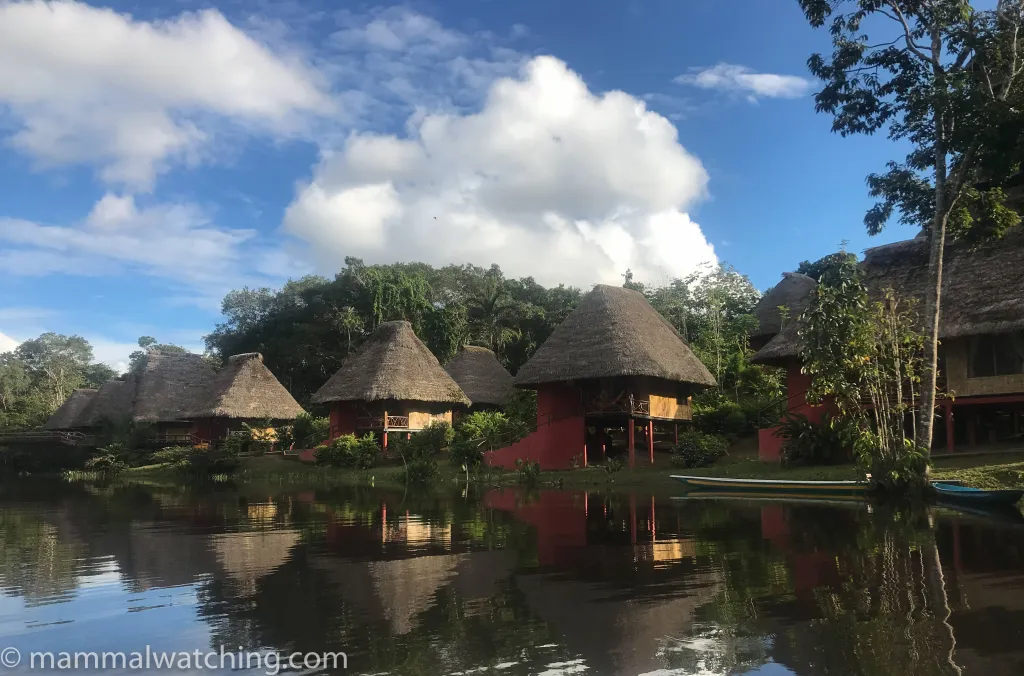How to plan aN Ethical, sustainable Trip
We want our travel to help – not hurt – the environment. We want to use ethical tour operators and responsible guides. And we prefer to stay only in lodges and camps that benefit the local community and the wildlife around them. But where can you get information to inform your choices when you plan a trip?
Research
After reading the ideas below then you could start planning a trip by
- reading trip reports and reaching out to authors with questions.
- ask questions on the community forum.
- finding ways to offset your carbon emissions.
Booking a Tour
Questions for tour operators:
- Do you offset your carbon emission? If so how?
- How do you support conservation?
- Is the accommodation provider or tour operator:
- Part of Responsible Travel (who vet their advertisers to make sure they abide by responsible travel practices)
- How do you ensure that local communities living with wildlife benefit from tourism?
- Are they hiring local ground agents, drivers, tour leaders and guides?
- If they are bringing a foreign tour leader are they are also using a local guide?
Although we do not necessarily endorse them all, most – probably all – of the tour operators and guides who advertise on mammalwatching are working to support conservation and act responsibly.
When you are there
Supporting local people and economies
Reinforce the value of wildlife to local communities by making sure as much money as possible goes to local communities.
- Find ways to ensure the local community will benefit from your visit.
- Try to book accommodation and hire cars from local companies.
- Let everyone know you are visiting on a mammalwatching trip to see local wildlife which doesn’t occur elsewhere.
- Creates pride among local communities
- Leads them to support the protection of habitat and cease hunting.
- This can occur even with relatively few people visiting an area, so communicating this message can be a powerful tool.
- Support local guides while you are visiting and after you get home
A small percentage of the cost of your trip will be a significant amount of money to many of the people you meet and will encourage them to protect the wildlife and its habitat.
Encouraging good behaviour
- Report bad practices. If you see your lodge, your guide or driver behaving unethically let them know.
- Communicate behavior expectations for guides
- Local guides may think harassing an animal in order for us to get a better view is what we want. A quiet word, in private, is often enough. But if you sense there is a deeper problem then let your tour operator know or mention it in your trip report
- Avoid feeding or petting animals that typically live in the wild and show your concern instead. These animals may have been removed from the wild and showing interest might encourage more to be taken.
Be Respectful
Don’t give mammalwatchers a bad name.
- Respect local cultures and traditions, such as the dress code.
- Be courteous
- Stick to the trails
- Don’t enter private property without permission
- Follow the reserve’s rules. Respect the local guides and drivers. Expecting someone to remain focused for 15 hours a day is unfair, and downright dangerous when it comes to drivers.
Further Information
Some of the more popular forms of mammalwatching are governed by comprehensive rules in many places. Check the local rules with your guide or operator. But here are a few general rules of thumb.
Great Ape Watching
Do not take a trip to see Gorillas or other habituated great apes if you are ill. You might pass a virus to the animals with devastating effect. You can often get a refund or rearrange the activity for another time.
Always wash your hands before going to see great apes.
Do not touch the animals and cover your mouth if you want to cough or sneeze.
Maintain a distance (usually 7m) but your guides will confirm.
Do not use flash photography
Speak in a low voice.
Tiger Safaris
Visit the TOFT website to make sure the tour operator or lodge you are booking with is accredited by them.
Make sure your driver doesn’t speed through the park ‘chasing’ alarm calls: tigers are killed by jeeps every year in Indian national parks.
Keep noise to a minimum and do not let your driver beep the horn or rev the engine to get tigers to react.
Report bad practices immediately to the lodge or tour leader and if possible to the park headquarters.
Do not ask your driver or guide to break the rules, such as going into a zone that you were not allocated to visit on that safari or push the limits of how late you are out in the park. Guides and drivers can be fined or suspended when they are too eager to please their client.
Whale and Dolphin Watching
The whales should approach you and not the other way around.
Boats should not approach an animal from the front or rear, always from the side.
Never cut across the path of a whale: it can separate a calf from its mother.
Although some dolphin species enjoy bowriding alongside a fast moving boat, most of the time when you see cetaceans your boat should immediately slow down so as not to frighten the animals. Not only is this kinder to the animals but it can also lead to a better sighting: cetaceans are often curious and will come to you.


